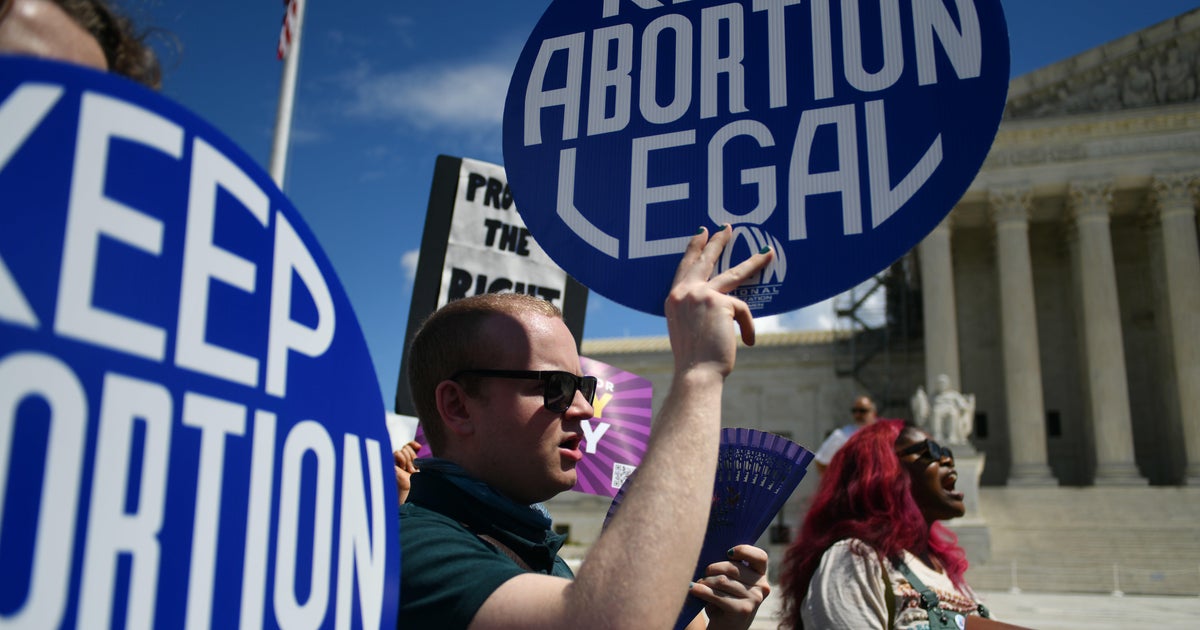Women Are Dying in Post-Roe America, and Your Vote Matters
More than two decades ago, one woman endured a series of miscarriages and faced a life-threatening complication during pregnancy. Her medical team recommended a procedure to prevent infection—a decision that ultimately saved her life. In a different time or place, without the protection of Roe v. Wade, her doctors might have hesitated to act, fearing prosecution under restrictive abortion laws. Today, in her home state of Tennessee, nearly all abortions are banned. Such restrictions, however, impact far more than elective procedures. (www.luljettas.com) When abortion access is restricted, essential reproductive health care becomes fraught with legal risk, making routine and urgent procedures more challenging for patients and providers alike.

A Journey of Loss and Perseverance
In February 2002, at nearly 29 weeks of pregnancy, her unborn daughter’s heart stopped beating. With a two-year-old son at home, she and her husband had to make an unthinkable decision. Their doctor advised either inducing labor and waiting for a natural delivery, which would carry a risk of infection, or undergoing an immediate cesarean section. Guided by trust in their doctor, the couple chose surgery. Soon after, they held their daughter, Graça, knowing this would be both the first and last time.
In the years that followed, she faced further losses—several early miscarriages and even the loss of twins after the first trimester. During one procedure, a prominent doctor in New York explained the need for prompt medical action, both to safeguard her health and to allow future pregnancies. Thanks to the protections granted by Roe v. Wade at that time, her healthcare team could address her needs without fearing criminal repercussions.
Despite the challenges, she persisted in her journey to expand her family. With the help of in vitro fertilization, she successfully delivered her youngest daughter, Tallulah, in 2004. Now 19, Tallulah, like many young women today, faces the reality of restricted reproductive health care. She and her peers live in an era where birth control decisions and reproductive health care options are influenced by legal concerns, complicating the most fundamental choices about health and family planning.
The Consequences of Abortion Bans
In recent years, the tragic stories of women denied timely reproductive care due to restrictive abortion laws have come to light. In 2021, ProPublica reported that a 28-year-old woman named Josseli Barnica died in Texas after her doctors delayed care for her miscarriage for 40 hours. The young mother likely suffered due to medical professionals’ fear of legal ramifications. She left behind a young daughter and a husband.
These tragedies highlight the inherent risks of pregnancy, especially when essential care is restricted. Each pregnancy carries unknowns, and while she faced her journey with the support of a medical team, she knew that her health was paramount. Many women today are not afforded the same assurance, facing increased risk to their lives.

In this year’s election, the woman voted for Kamala Harris, trusting her to prioritize reproductive health rights. Regardless of one’s political views, the reality remains: such laws affect lives, with serious implications for women’s health and autonomy.


Comments are closed, but trackbacks and pingbacks are open.